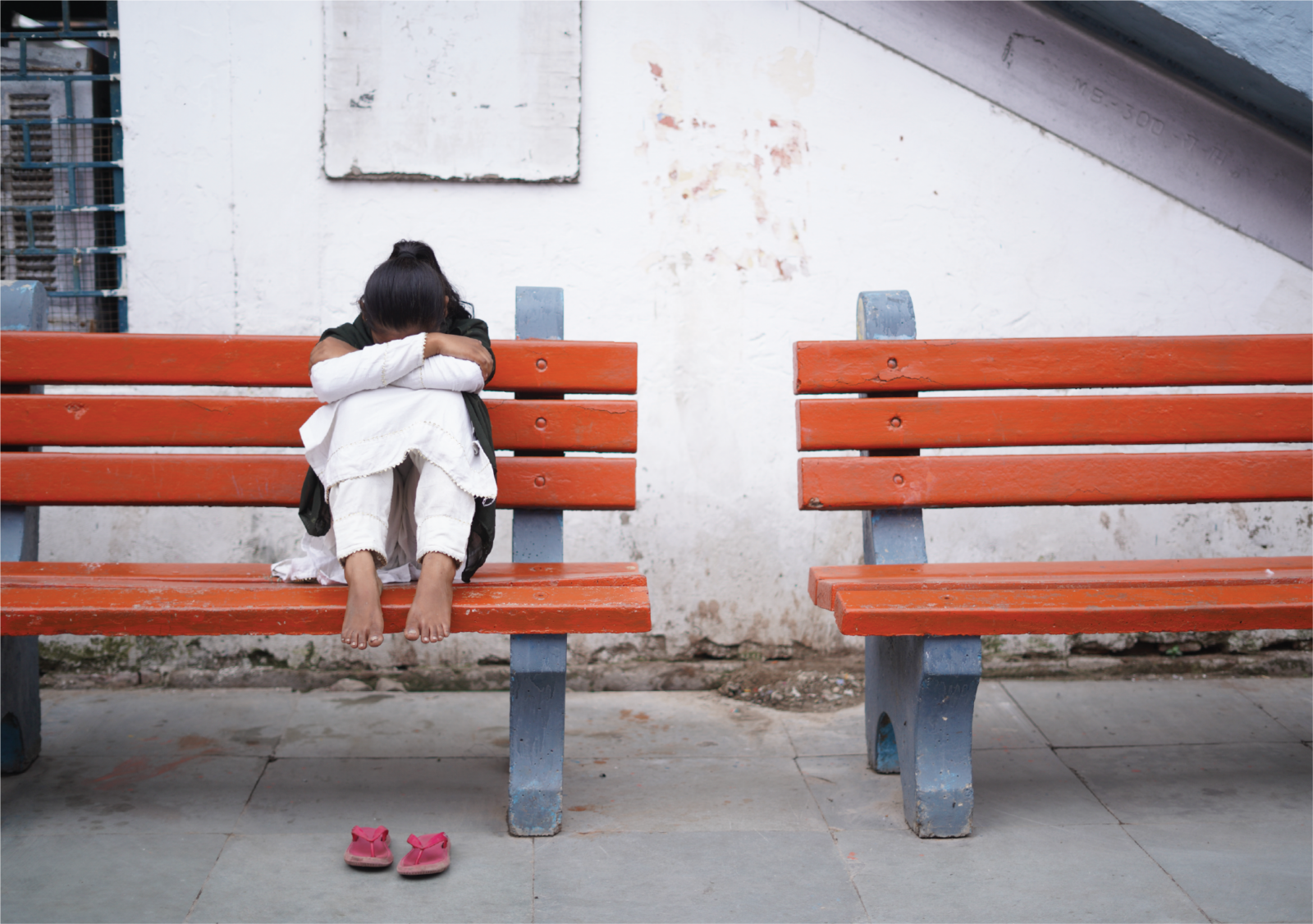For just over a year now, Railway Children India’s Family Reintegration work has gone beyond protection; it has meant reunited children with families, rebuilt fractured trust and helped entire households rediscover the power of care, education, and second chances. However, this case, referred to us by the Child Welfare Committee (CWC), not only served as a stamp of recognition of our team’s efforts, but also evolved into a turning point in a child’s life.
Twelve-year-old Raju* lived with his family in a tiny tin shed near Mankhurd railway station. His father—hard of hearing and unemployed—struggled with alcoholism. His mother, a ragpicker working along the railway tracks, earned barely ₹200-₹300 a day. His elder brother worked in catering to support the household, and his two sisters—one in school, the other recently connected back to school—grew up in the same harsh realities. Education had never been part of the family’s dreams—not because they didn’t care, but because no one had ever shown them what was possible.
Raju had never been enrolled in school since the pandemic. Instead, he spent his days hopping onto trains, picking rags, performing risky stunts on the train with his friends, and using his earnings to buy “solution” from a local hardware shop. It became a daily escape. He would run away from home for days. His parents didn’t even know about his addiction.
One day, Raju was found by the Antop Hill Police with a friend. The two boys were sent to the CWC, which directed that Raju be placed temporarily in an open shelter home. After nearly a month of counselling, Raju finally opened up. Slowly, his story began to unfold—the ragpicking, the solution abuse, the loneliness and a deep longing to just be at home again.
Recognising the need for long-term, ground-up family work, the CWC referred the case to the Family Reintegration team of Railway Children India. But the next challenge of locating the family lay ahead. For over a month, Case Worker, Mr. Fardeen Khan, tried calling the family, but there was no response. “Finally, one day, the call went through,” explains Fardeen.
Raju’s mother was on the other end. “We introduced ourselves, explained the CWC order, and shared our goal.” She agreed to meet us.
The next day, Fardeen made the first home visit, where Raju’s mother spoke candidly with him.
“Hum nahi chahte ki hum bottle chunte hain to ye bhi bottle chune,” Raju’s mother said. We don’t want him to follow our path just because we pick bottles.
Raju, too, was honest. He said he wanted to be at home, but he got bored, had too much time, and just did what his friends were doing. “If you admit me in school today, I promise I’ll go every day and won’t run away again,” he said.
That promise became our starting point.
We found a government school nearby. Fardeen visited the school, met the principal, and explained the family’s situation and our ongoing work. The principal listened, asked a few questions, and then gave a warm nod. “Bring him with the documents,” she said.
The next day, Raju stood at the school gate, nervous, excited and holding his mother’s hand. He had never attended school since COVID. He had forgotten how to read. But the principal didn’t turn him away. She assured us he would be enrolled and provided with a school bag, books, uniform and stationery. What moved us most was her promise of extra classes to help Raju catch up on what he had missed all these years.
It was more than an admission. It was a new beginning.
The transformation we witnessed from a boy lost on railway tracks to a student stepping into school for the first time in years is what fuels our work. It’s what gives our team strength when progress is slow, and hope when systems feel heavy.
We’re grateful to the CWC for trusting us with this case, and to the school principal for opening her doors and heart.
Raju’s journey is far from over. But he has taken his first step, and this time, he’s not running away. He’s walking towards something better.
*Name changed to protect the identity of the child.






